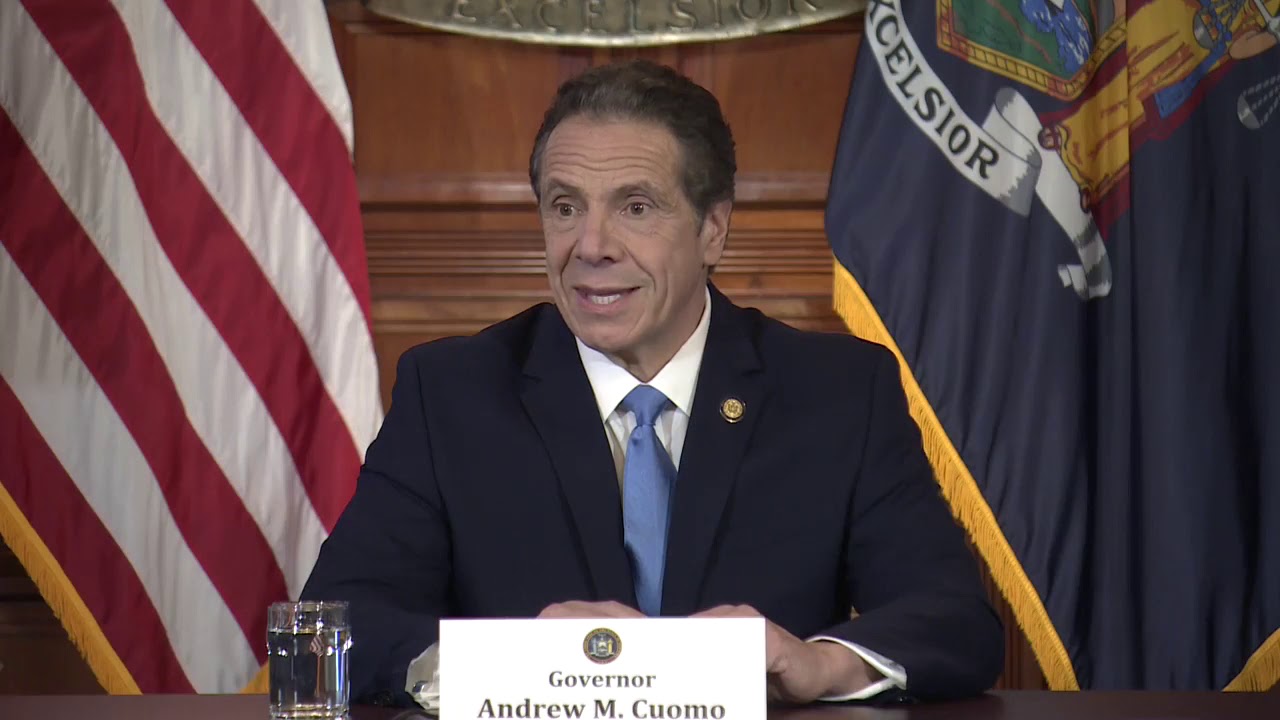

New York keeps trailing behind its neighbors on vital drug policy issues. From adult-use marijuana to decriminalization of psychedelics, nearby states like New Jersey and Massachusetts have so far done more to dismantle the drug war. Now, Rhode Island has become the first state to authorize safe consumption sites (SCS).
SCS reduce fatal overdose by giving people who use drugs a safe, supervised facility in which to do so. In addition to providing sterile equipment such as syringes, SCS staff can use readily available naloxone to reverse overdoses. There has never been a single overdose death at any known SCS in the world.
SCS staff can also refer visitors to other services including HIV and hepatitis C testing, substance use treatment and mental health care. SCS do not provide their participants with drugs, contrary to opponents’ claims.
Rhode Island’s hard-fought authorization isn’t permanent, at least not yet—it’s a two-year pilot program, with the condition that any facility must get local approval from its city council before opening. It is still, however, a massive victory in the nation’s broader struggle to legalize SCS. Where is New York on this same issue?
New York harm reduction advocates had gained ground in 2017, successfully lobbying in Albany to introduce a bill authorizing SCS anywhere in the state. Lawmakers have revived the bill in every legislative session since then. It is currently sponsored by Senator Gustavo Rivera (D-The Bronx) and Assemblymember Linda Rosenthal (D-Manhattan).
In May 2018, New York City Mayor Bill de Blasio made a landmark statement agreeing to support SCS. That same day, the New York City Department of Health and Mental Hygiene released a report estimating that SCS would prevent 130 drug overdose deaths in the city each year.
The plan was to get the city’s SCS up and running in six to 12 months. They would be housed at four syringe service programs (SSP) located across Manhattan, Brooklyn and The Bronx.
But then, Governor Andrew Cuomo effectively stopped them from moving forward by requiring they pass a “mandatory review” by the health department. Three years later, that review is still pending.
“The governor is the single block to us launching this pilot program.”
It also appears that Cuomo lied outright to advocates. Back in June 2018, they responded to his series of lukewarm commitments by planning a die-in at a Pride event supporting his re-election. One of his aides contacted organizers and persuaded them to call it off, in exchange for which Cuomo reportedly promised to sign onto SCS after the election. Once re-elected, Cuomo never acknowledged the agreement.
“The governor is the single block to us launching this pilot program that we could have had running years ago,” Jeremy Saunders, co-director of VOCAL-NY, told Filter. “We could have saved hundreds, maybe thousands of lives.”
“This is a governor who has opposed interventions regarding homelessness, reducing incarceration or increasing taxes on the wealthy. He opposes every demand that would improve the lives of poor, working-class, most people—until he is forced to do otherwise.”
The two-year pilot program proposed by de Blasio would still face challenges if Cuomo finally authorized it. Pilots can be less than ideal, because for SCS to survive longterm they need support from community residents, businesses and even police. There is also no guarantee that after that time period, the city and state would agree to let SCS continue.
“Knowing how New York works, funding doesn’t come until months after promised, and regulations take a long time,” Mike Selick, an associate director for the National Harm Reduction Coalition, told Filter. “Many of these programs may need to apply for funding and make changes to their building before really starting up. I just worry that the public support won’t come before the time the pilot [ends].”
Advocates are hopeful that Rhode Island’s authorization will make it easier for other states to enact similar legislation. While Selick is doubtful that Cuomo will ever sign off on de Blasio’s plan, he feels more optimistic about the legislation from Rivera and Rosenthal, which would allow SCS anywhere in New York state. Ithaca has already expressed interest.
“We’re frankly at a point where our community just needs to act.”
“We’re frankly at a point where our community just needs to act. That is on us stepping up … forcing the government to take a position,” Saunders said. “We’ve long had the state’s support in setting up our [private] bathrooms that are a safe place to inject. I’ve shown them to people on national television. To open supervised consumption is such a minor change.”
As with all criminalized health care practices, underground SCS operate throughout the US and around the world without government approval. But SCS that open without authorization from city and state leaders risk staff and participant arrests, and of course the shutdown of the sites.
Besides risking seizure of buildings and equipment through civil asset forfeiture, the lifesaving SSP themselves could be lost if the governor revoked the special regulation that allows them to operate, or revoked the state funding that is so crucial to their budgets—funding Cuomo has not been above withholding in the past.
“Rhode Island can show other jurisdictions who are almost ready to pull the trigger that they can,” Selick said. “Everyone is hesitant to be first to do this. But once one place accepts, we’ll see lots of other cities following.”
Photograph via New York State